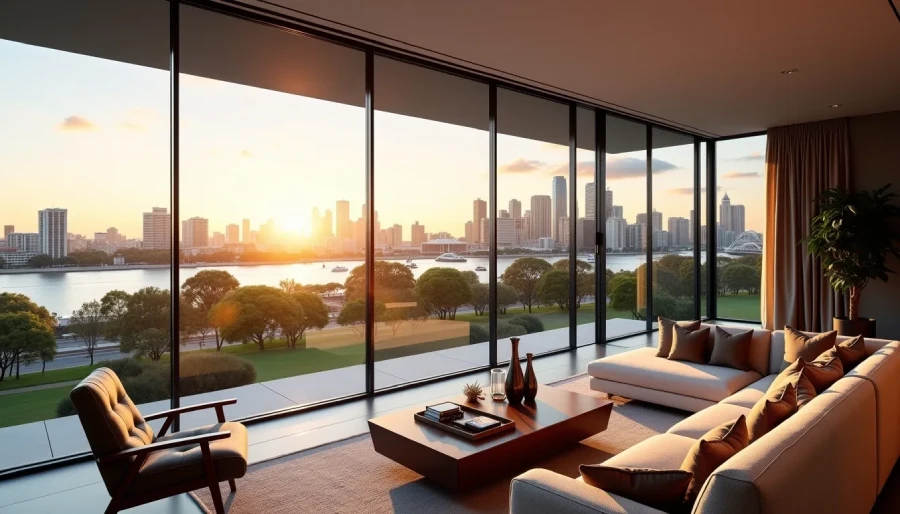The latest US tariffs on Asian manufacturing hubs are not just a trade policy shift — they are accelerating the movement of global companies toward the United Arab Emirates.
At KGRE, we are seeing this firsthand: businesses are opening operations in Dubai and Abu Dhabi, not only for tax advantages and market access but also for one decisive reason — to maintain tariff-free access to the US market.
Why Tariffs Are Pushing Businesses Out of Asia
Manufacturers in China, Vietnam, and South Asia are under pressure. Tariffs increase landed costs in the US, cut into margins, and erode competitiveness.
In the past, companies simply shifted production to another low-cost Asian country. Today, the US is monitoring supply chains end-to-end, making such moves less effective.
The UAE’s Competitive Advantage
The UAE enjoys no tariffs on most exports to the US and offers:
- Strategic location between Asia and North America.
- World-class logistics hubs like Jebel Ali Port and Khalifa Port.
- Modern, investor-friendly real estate infrastructure.
Real Estate: The Hidden Beneficiary
As companies relocate or expand to the UAE, they need:
- Warehouses for storage, assembly, and compliance processing.
- Light industrial units to meet rules of origin requirements.
- Office space for trade, compliance, and logistics operations.
Demand for industrial real estate in Dubai and Abu Dhabi commercial property is rising — a trend we expect to accelerate if tariffs persist.
Will the US Try to Close the Gap?
Yes — we anticipate:
- Stricter rules of origin enforcement.
- Data-driven customs investigations.
- Closer US–UAE trade compliance agreements.
Final Thought
From a KGRE perspective, this is a rare window. US trade policy is reshaping global supply chains — and the UAE’s commercial real estate market stands to benefit.
The UAE is not just a logistics stopover — it is becoming the bridge between Asian manufacturing and US consumers. For real estate investors and landlords, this is a moment to act.





